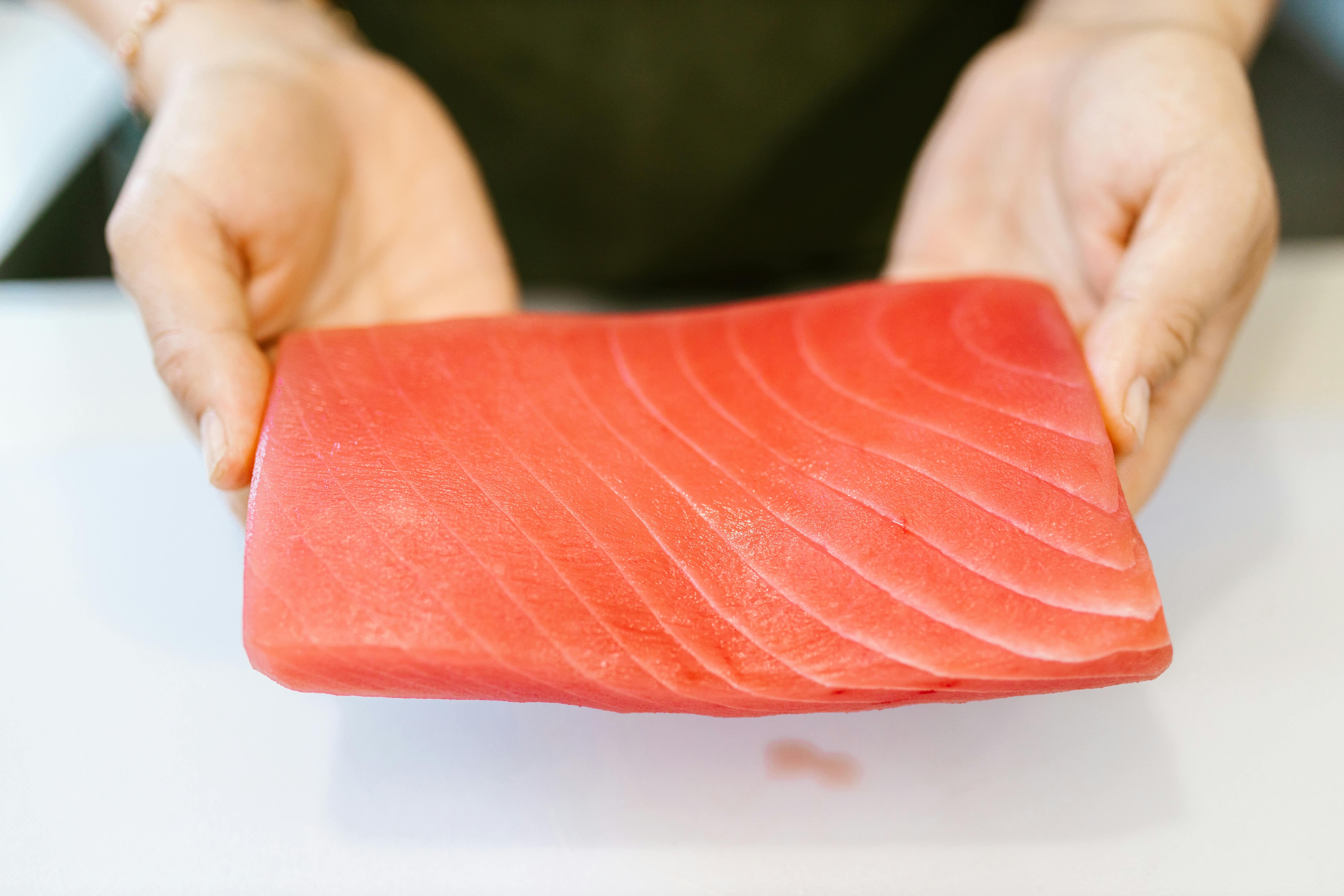Is Your Diet Making You Anxious?: 6 Foods You Never Knew Were Affecting Your Mood
In today's fast-paced world, anxiety has become a common affliction, affecting millions globally. While numerous factors contribute to this mental health condition, an often-overlooked aspect is diet. The foods we consume can significantly impact our mood and mental well-being, sometimes exacerbating feelings of anxiety without us even realizing it. This article delves into the subtle yet profound connection between diet and anxiety, exploring how certain foods—often considered harmless or even healthy—might be contributing to your stress levels. By understanding these connections, you can make more informed dietary choices that support not just physical health, but mental wellness as well.
1. The Sugar Rollercoaster

Sugar is a ubiquitous part of many diets, hidden in everything from sauces to snacks. Consuming high amounts of sugar can lead to a rollercoaster of blood sugar spikes and crashes, which can exacerbate feelings of anxiety. When blood sugar levels drop, the body releases stress hormones like cortisol and adrenaline to stabilize it, which can create a sense of panic or unease. Moreover, high sugar intake has been linked to inflammation, which is increasingly being studied for its role in mental health disorders. Reducing sugar consumption can help stabilize mood and reduce anxiety, making it a crucial consideration for those looking to manage their mental health through diet.
2. The Caffeine Conundrum

Caffeine is cherished for its ability to boost alertness and productivity, but it can also be a double-edged sword. While moderate caffeine consumption can be part of a balanced diet, excessive intake can lead to heightened anxiety. Caffeine stimulates the central nervous system, increasing heart rate and triggering the release of adrenaline, which can mimic anxiety symptoms. For those prone to anxiety, this can exacerbate their condition. Additionally, caffeine can interfere with sleep, leading to sleep deprivation—a known contributor to anxiety. Understanding your personal tolerance and limiting caffeine intake can help mitigate these effects.
3. The Hidden Threat of Gluten

Gluten, a protein found in wheat, barley, and rye, has been a controversial topic in dietary discussions. While only a small percentage of the population has celiac disease, many others suffer from non-celiac gluten sensitivity, which can manifest as psychological symptoms, including anxiety. Research suggests that gluten can cause inflammation and affect the gut-brain axis, potentially leading to mood disturbances. For individuals with gluten sensitivity, adopting a gluten-free diet might alleviate anxiety symptoms. However, it's essential to approach this dietary change under the guidance of a healthcare professional to ensure nutritional balance.
4. Processed Foods and Preservatives

Processed foods are convenient but often come with a cocktail of preservatives, additives, and artificial flavors that can impact mental health. These substances can disrupt the delicate balance of neurotransmitters in the brain, potentially leading to mood swings and increased anxiety. For instance, artificial sweeteners like aspartame have been linked to mood disorders. Additionally, the high sodium content in processed foods can affect blood pressure and stress levels. Opting for whole, unprocessed foods can help maintain a stable mood and reduce anxiety, highlighting the importance of examining food labels and making conscious dietary choices.
4. The Omega-3 and Omega-6 Balance

Omega-3 and omega-6 fatty acids are essential fats that play a crucial role in brain health. However, the modern diet often skews heavily towards omega-6, found in vegetable oils and processed foods, while being deficient in omega-3, found in fish, flaxseeds, and walnuts. This imbalance can promote inflammation and has been associated with increased anxiety and depression. Ensuring a balanced intake of these fatty acids is vital for mental health. Incorporating more omega-3-rich foods into your diet can help restore this balance, potentially alleviating anxiety symptoms and promoting overall brain health.
5. Alcohol and Anxiety

Alcohol is often used as a social lubricant and a way to unwind, but it can have significant repercussions on mental health. While it might temporarily relieve anxiety, alcohol is a depressant that can disrupt neurotransmitter balance, leading to increased anxiety once its effects wear off. It also affects sleep quality, contributing to anxiety and stress. Regular and excessive alcohol consumption can lead to dependency, creating a vicious cycle of anxiety and alcohol use. Moderation and mindfulness in alcohol consumption are essential for those looking to maintain mental well-being and manage anxiety effectively.
6. The Role of Gut Health

Recent research has illuminated the profound connection between gut health and mental health, often referred to as the gut-brain axis. The gut hosts trillions of bacteria that play a crucial role in producing neurotransmitters like serotonin, which regulate mood. A diet high in processed foods and low in fiber can disrupt this balance, leading to dysbiosis—a state of microbial imbalance that can contribute to anxiety. Incorporating probiotics and prebiotics into your diet, through foods like yogurt, kefir, and fiber-rich vegetables, can support a healthy gut microbiome, potentially reducing anxiety and enhancing mood.
Crafting a Mood-Boosting Diet

Understanding the intricate relationship between diet and anxiety is a powerful tool in managing mental health. By being mindful of the foods that can negatively impact mood, individuals can make informed choices that support both physical and mental well-being. Reducing sugar and caffeine, balancing omega fatty acids, and prioritizing gut health are just a few strategies to consider. As awareness grows, so too does the opportunity to craft a diet that not only nourishes the body but also fosters a calm and balanced mind. With thoughtful dietary adjustments, you can take significant steps toward reducing anxiety and improving overall quality of life.
